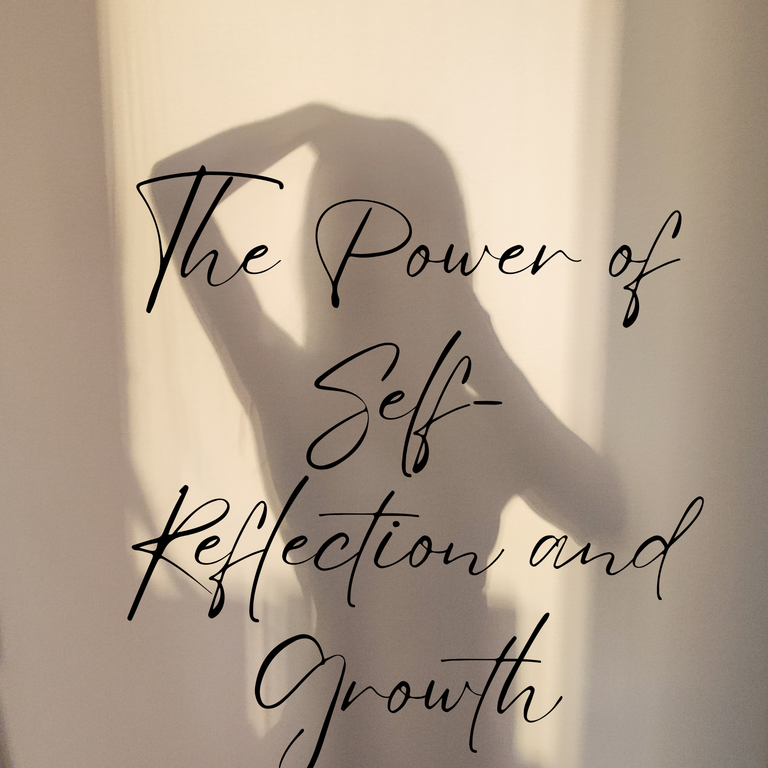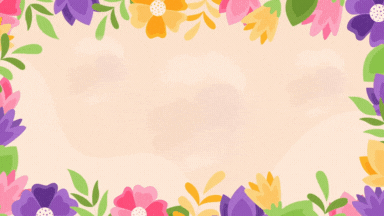
Many of us were shown at a flexible age that talking about successes is bragging—a self-involved effort to boost ourselves in the eyes of others. We can learn early on to keep our successes to ourselves and advertise our battles, doing so in a misplaced initiative to appear humble. This is harmful behavior.
We disempower ourselves when we constantly repress our successes and strengths and concentrate exclusively on our battles and weaknesses. What motivates us to grab dizzying brand-new elevations when our inner guide is looking for share-worthy battles? We can begin to think of our very own publicity-- that the only thing we need to share is our inadequacies. When these produce cognitive dissonance with our self-image, we begin the blame game. These declarations have sadly become identical to badges of honor, broadcasting exactly how hard we are working at our craft. They push us out of being aggressive and threaten our ability to believe in ourselves and show nerve.
Our society corresponds humbleness with weak points. Our norms are established on the concept that competition produces self-sufficiency and success, while cooperation promotes dependence.
Any Montessorian can tell you this is the reverse of our beliefs. The humbleness of the adult is a cornerstone of our method, a component of what Montessori herself identified as part of The Change of the Adult. The personal humbleness she asks for is indoor, put in the context of tranquility and individual monitoring of the kid, not in the context of constant pipes and materializing our anxieties and insufficiencies.
Humbleness is discovering our center in various things, such as something or somebody outside ourselves. We might discover our Various other(s) in confidence, service, the context of the Universe, or the success and joy of those around us. In Montessori classrooms, our humbleness is proof when we are centered much more on meeting the needs of the kids than on maximizing our success as teachers.
With true humbleness, when something goes awry in the classroom, we think about the impact on the trainees and about possible sources more significant than we do regarding exactly how it troubled or humiliated us. After that, we seek the reason in ourselves and the environment we produce instead of the youngsters, parents, or institutions. Finally, we recognize our error and attempt something different. We become objective researchers who make adjustments and observe the results without the ego that fuels blame. And we identify the occasional pang of remorse as a messenger with important information regarding where we might have made a much better selection.
A sense of Guilt is a gift. Those who most need to listen to the message accidentally self-identify whenever I claim this: they laugh. They are so strained by guilty thoughts and sensations that the concept of it being present is ludicrous. Yet, it is present. Regret informs us when we need to change our actions or seek mercy. It is our heart, spirit, or conscience trying to set us up for far better success in the future.
What occurs if we note those sensations and transform our behavior or look for mercy? If we can internalize the life lesson and use it in similar circumstances in the future, Shame has met its function; we evolve. On the other hand, if we inform ourselves that whatever mistake we made was so outright that straightforward repair is not nearly enough, we penalize ourselves by perseverating on our error and the pain associated with it. We cling to our regret, becoming stuck in thoughts and sensations of insufficiency. This self-flagellation does not cause advancement; it leads to an ever-increasing conviction that we are not up to the job; we are currently and will constantly be a failure. We prevent Sense of Guilt's genuine mission to assist us in our progress.
The key to gaining the most effective from a sense of Guilt is learning to let go when it has served its function.
Our humility may allow us to find our stamina. When we live with specific knowledge of our other-centeredness, we can better see certain and genuine methods by which our strengths match others'. When we detach from vanity, we can recognize what is working out and what might take advantage of an adjustment. We allow ourselves to be human, make blunders, seek forgiveness, modify our behaviors, and arise wiser and more powerful from the experience. Humbleness helps us see Guilt as a carrier instead of as judge, jury, and death squad to ensure we can listen to the message and proceed.

Posted Using InLeo Alpha
Congratulations @lucidlucrecia! You have completed the following achievement on the Hive blockchain And have been rewarded with New badge(s)
Your next target is to reach 8000 upvotes.
You can view your badges on your board and compare yourself to others in the Ranking
If you no longer want to receive notifications, reply to this comment with the word
STOP